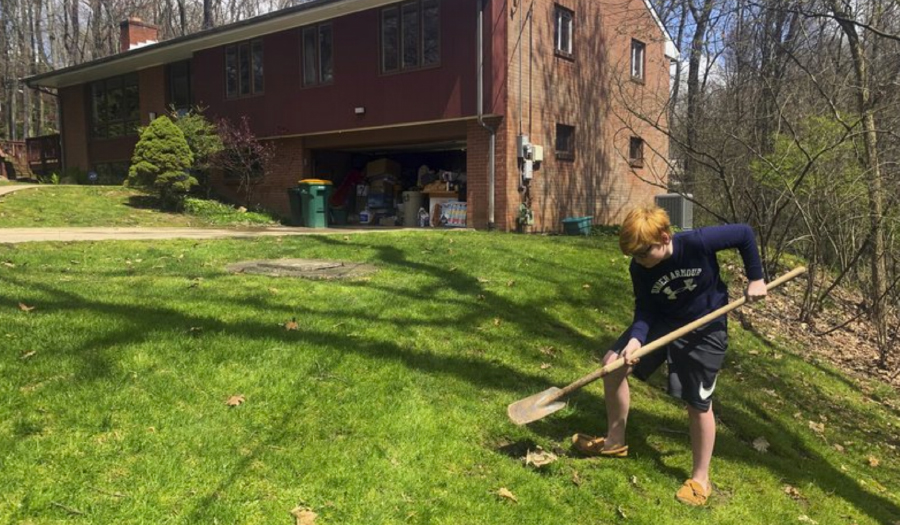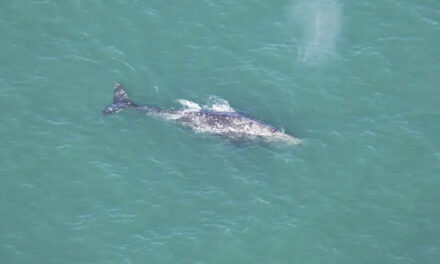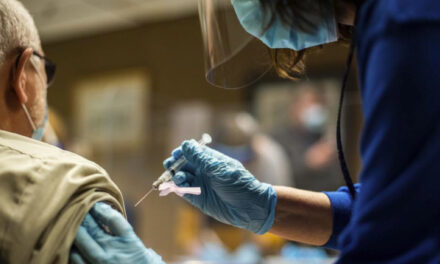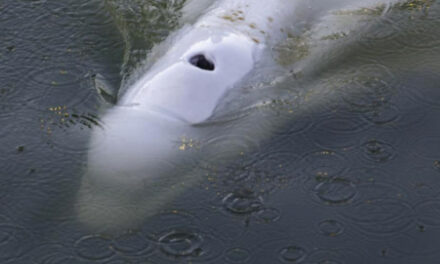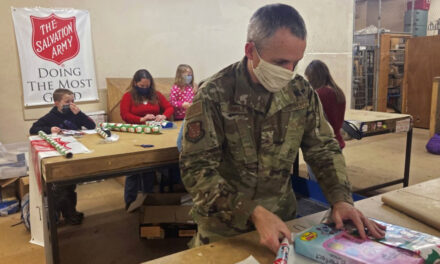Allison Park, PA (AP) — He winds up and throws the apple core, aiming for the woods where he hopes a tree will grow. He overshoots his mark. It bounces across the hill of the next-door neighbors’ yard. “I’ll get it,” he says. But in these days of isolation and distance, that is a dicey proposition.
Almost furtively, he scurries across the property line. He does not find it. I tell him that he must email the neighbors.
For his email, he chooses the subject “Apple Issue.” He writes: ”In this time of crisis, it is understandable that you wouldn’t want to touch a saliva-covered fruit. Therefore, if/when you find the apple core, if you would let me know, I would take it back.”
He is 13. His name is Wyatt. He is my younger son. Other than his immediate family, he has not come within 20 yards of anyone he knows for nearly two months.
My father was a naturalist. Much more, sadly, than I’ve ever been. He planted on our family property well into his mid-80s, when his knees could no longer take it.
When I was little, he took me around the land that my wife and I now own, pointing out trees and identifying them as we walked through the backyard woods down to the rushing creek and back.
He’d hand me sassafras leaves to chew and show me wild blackberry bushes to pick from. Today, on the property I inherited from my parents, a ginkgo tree, his favorite, looms over the front walk.
After he died, I opened one of his reference books, “The Book of Trees.” Tucked carefully into the appropriate pages were dried leaves from his woods excursions.
On his side, we come from a long line of cultivators, Ohio farmers, New York farmers, yankee farmers. My sister followed in their footsteps, to a fashion, becoming a molecular biologist after a thesis entitled “Dwarf Plants Produced from Treated Seeds.”
Not me. I’m not a lawn-and-garden guy. The closest I’ve ever come to planting something was when I buried a crock of kimchi in the back yard in 1981, hoping it would ferment. That was the last we saw of it.
An apple core-related email arrives from next door.
“I suspect the deer will find and eat it before I find it. If I do come across it, I will let you know.”
And: “If you want an apple tree to grow, I would suggest digging a small hole (2” deep) for each core and covering it with dirt. This is a good time of year to plant.”
My son promptly eats another apple. Then he requests a shovel. He darts outside, ponders, picks a spot. He digs a tiny hole. He comes back in. Part of him seems 70. Part of him seems 7. “Dad, want to see me drop the apple core into the hole?”
We trudge across the soaked lawn. Silently, I chastise myself for not being better at this stuff. I look over my shoulder at the south side of the house, at the narrow strip where my father grew peas in the 1980s and lost his wedding ring while attempting to cultivate cilantro in the 1990s. His green plastic wheelbarrow is still there. I’ve never moved it.
The sassafras tree died during Reagan’s first term. The blackberry bushes disappeared while I was in college. The creek is still there, now usually dry.
But now we have an apple core in the ground. Now we wait. Now, in this season of stagnation, there is growth to contemplate.
I see myself coming back decades from now. Walking slowly across a better-kept lawn. Reaching up. Picking an apple. Taking a bite. Saying to a man now taller than me: “Hey, Wyatt. Remember the virus?”
Photo: Wyatt Anthony, 13, covers an apple core with dirt as part of his effort to grow an apple tree at the side of his front yard in Allison Park, Pa.

